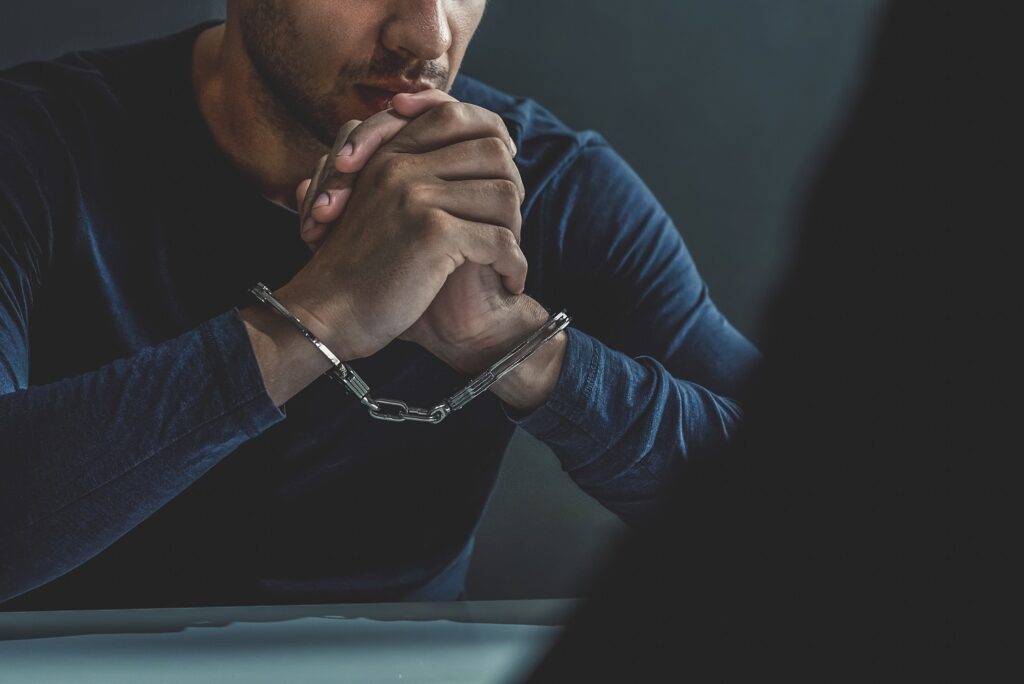
Probation is a kind of compromise. The judge is allowing you to remain out of jail. It’s what happens when you plead guilty and your sentence is suspended under certain conditions. These conditions tend to require you following certain rules that include but are not limited to:
- Meeting with a probation officer
- Avoiding illegal substances and alcohol
- Staying within your state or county
- Succumbing to regular drug testing
If facing a probation violation, you might run into the following questions:
Question 1: What is a Motion to Revoke Probation?
This is a motion filed by the District Attorney’s office that basically is trying to revoke your probation and send you to jail for the remainder of your jail sentence. This document states your alleged violations and presents a case to the court of why your probation privileges should be taken away. This is usually filed when more serious violations are committed. Often times probation officers will deal with minor offenses themselves. If the motion is filed however, you will likely have to appear in court and in front of a judge.
Question 2: What Can I Do?
The first step is to get experienced legal counsel. The District Attorney’s office has to prove that you broke the conditions of your probation. Perhaps there was a legitimate reason and a knowledgeable attorney can help you understand your rights in this situation. Because although you are under probation, you still have due process and are entitled to defend yourself. There might be legitimate reasons for breaking your probation. For example, if a family member fell ill and you had to cross state lines without court approval, presenting this information in court can help you fight the charges.
Question 3: What Happens Next?
After a Motion to Revoke Probation is filed against you, you will likely have to appear in court. Sentencing will occur after shortly after the hearing. If you are found guilty of the violations charged against you, a few things can happen: you probation may be extended, you might be required to do community service, serve some jail time, or you might have your probation revoked all together and you will be sent to serve your jail sentence in its entirety. If your violation is drug related you might also be sent to a rehabilitation program and be required to complete other sobriety programs. It is also possible that judge finds that you did not violate the terms of your probation and everything basically goes back to normal.
Choose the Right Counsel
The right criminal defense attorney will inform you of the ins and outs of the law and how to best present your case. In instances of a probation violation, it is important that you have an experienced attorney representing you and looking out for your best interests. Contact our law firm today!
